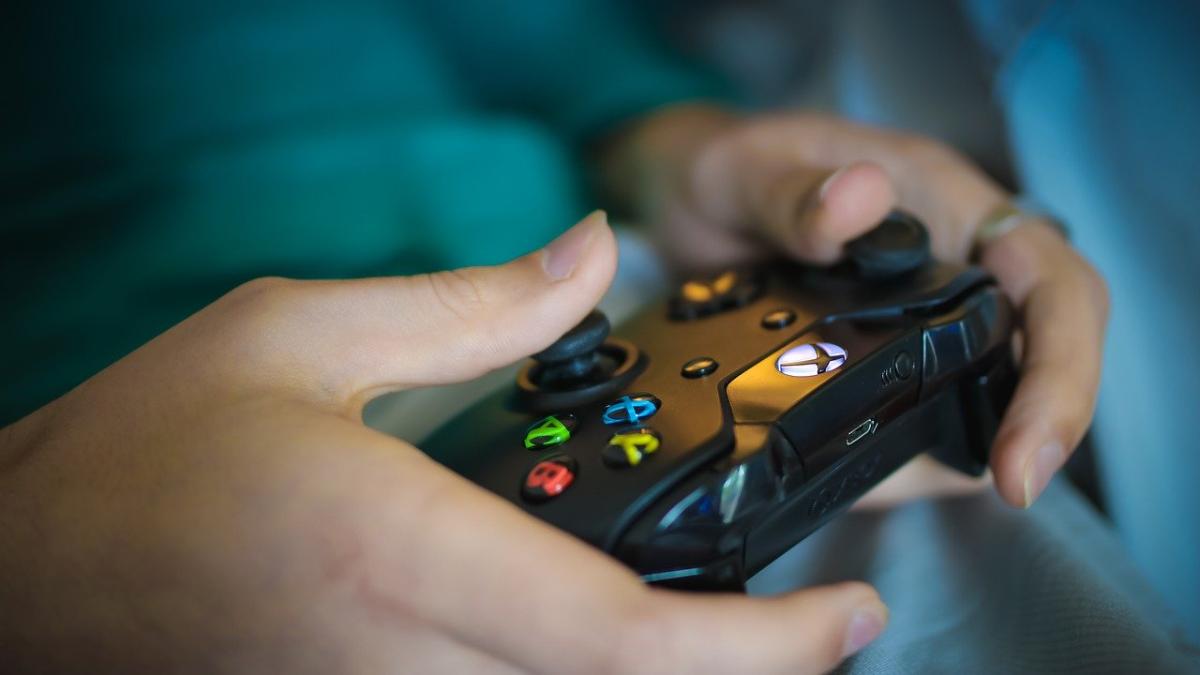In recent years, the conversation surrounding mental health has expanded, shedding light on various factors that influence our psychological well-being. Surprisingly, one such factor gaining recognition for its positive effects is gaming. Often criticized for its potential negative impacts, https://gohelpfund.com/, when approached mindfully, can actually contribute significantly to mental health in several ways.
Cognitive Benefits
Contrary to popular belief, gaming isn’t just about mindless entertainment. Many games require strategic thinking, problem-solving, and quick decision-making, which can enhance cognitive functions. For instance, playing puzzle or strategy games stimulates the brain, improving memory, attention, and multitasking skills. The complexity of these games challenges the mind, fostering mental agility and resilience.
Stress Reduction
Engaging in gaming activities can serve as a stress-reliever for many. Immersing oneself in a virtual world can act as an escape from real-life stressors, providing a much-needed break. The absorption in a game can divert attention from anxious thoughts or overwhelming situations, allowing individuals to recharge and return to their tasks with a refreshed mindset.
Community and Social Interaction
Contrary to the stereotype of gamers being isolated individuals, gaming often fosters a sense of community. Online multiplayer games enable players to connect with others worldwide, forming friendships and communities centered around shared interests. These social connections can be especially beneficial for individuals who find it challenging to socialize in traditional settings, providing a supportive network and combating feelings of loneliness.
Emotional Regulation
Certain games involve storytelling elements that evoke various emotions in players. This emotional engagement can help individuals understand and manage their own emotions better. Games that explore complex narratives or allow players to make moral choices can encourage empathy and emotional intelligence development. Moreover, the sense of accomplishment from overcoming challenges in games can boost self-esteem and confidence.
Therapeutic Potential
Interestingly, gaming has shown promise in therapeutic settings. Gamification techniques are being used in mental health interventions to promote positive behaviors and alleviate symptoms of conditions like anxiety, depression, and PTSD. Specifically designed games can serve as a tool for therapy, providing a safe space for individuals to confront and manage their emotions.
Mindful Gaming
While acknowledging the positive impacts, it’s crucial to emphasize responsible gaming habits. Excessive gaming can lead to issues such as addiction, sleep disturbances, and neglect of real-life responsibilities. Balance and moderation are key. Engaging in gaming as part of a well-rounded lifestyle, along with other activities like exercise, socializing, and hobbies, is essential for reaping its benefits without negative consequences.
Final Thoughts
Gaming’s positive impacts on mental health are increasingly being recognized and studied. As the perception of gaming continues to evolve, it’s important to appreciate its potential to enhance cognitive abilities, alleviate stress, foster social connections, aid emotional regulation, and even serve as a therapeutic tool. By approaching gaming mindfully and in moderation, individuals can harness its positive impacts on mental well-being while enjoying the diverse worlds and experiences that gaming has to offer.
